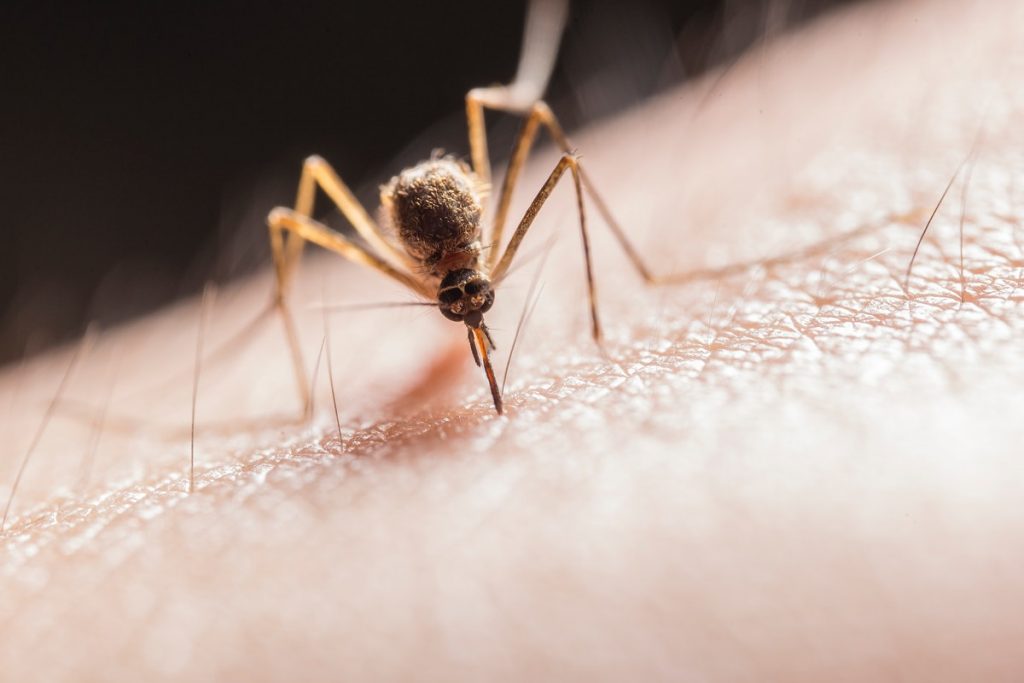Dengue fever is a potentially fatal disease spread by infected mosquitoes, mainly the Aedes aegypti. Dengue can be asymptomatic in certain situations, but most patients experience the same first symptoms, such as high-grade fever, rashes, and joint pain. Dengue fever is most widespread in subtropical and tropical countries, where it is endemic in all of their regions.
Dengue fever, also known as dengue shock syndrome or dengue hemorrhagic fever, is more severe dengue that can cause shock and even death. Dengue fever has no known cure; however, it can be avoided at home by implementing adequate vector control measures and maintaining proper hygiene.
Is Dengue Fever Contagious?
Dengue fever cannot be passed from one person to another. This virus requires a vector, namely an infected mosquito, for the virus to thrive and flourish in the mosquito before it can be transferred from the insect to an unfortunate individual during feeding.
7 Helpful Prevention Tips
Dengue fever currently has no treatment, but with the finest preventive measures in place, the mosquitoes that cause it may be kept under control, keeping us safe from the sickness. Below are some preventative actions that you can take to avoid acquiring dengue fever.
Keep mosquitoes at bay on your property
The most important thing you would need to do is to control the mosquito population on your property. For this, it’s best to hire professional companies as they can ensure that the chemicals they use to eradicate mosquitoes are safe for both humans and your pets. They would also be able to pinpoint areas on your property that could become potential breeding grounds.
![]()
Ensure that water containers are covered and cleaned regularly
Household goods like planter dishes, pet water bowls, and flower vases can serve as ideal breeding grounds for mosquitoes that spread the disease. Mosquitoes love to deposit their eggs in stagnant water; thus, you should keep an eye on any standing water in or around the house to avoid this.
Make sure your home is always neat
Do not leave garbage hanging around the house that can attract mosquitoes. Mosquitoes love to lay their eggs in the rubbish you left around the house, in addition to standing water. Junk, such as water-holding containers, and old tires, can provide an ideal breeding environment for mosquitoes. You should also make sure that your waste is properly disposed of. Use trash cans that have lids, and make sure you separate wet trash from dry trash.
Make sure you eat well and drink plenty of water
A strong immune system is required to prevent the incubation of dengue fever earlier. Vigilance is essential to keeping your body safe at all times. Increase the number of fruits and proteins in your diet. To get rid of parasites, detox with Tulsi water daily. In addition to boosting your immune system, Tulsi water is said to be able to lower bad cholesterol and might even aid in weight loss.
Wear your protective clothes
Make sure you’re safe from mosquito bites by wearing long-sleeved shirts and jogging pants. Wear clothing that will protect your hands and other exposed areas of your body from mosquito bites.
These protective garments should be worn, especially if you plan on going outside at dawn or sunset. Unlike other mosquitoes that transmit diseases, Dengue mosquitoes eat during the day, with peak activity at sunrise and sunset. When going out, especially during the day, you should remember to wear body repellent.
Install mosquito nets, windows, and screens
Another effective technique for preventing dengue fever is the installation of mosquito netting. Mosquito netting keeps you protected against mosquito bites while you sleep. To gain the most protection from your mosquito net, make sure there are no big holes. Consider placing screens on your windows and doors to prevent mosquitoes from entering your home and spreading the dengue virus.
Ensure your roof gutters are well-maintained
Mosquitoes love to lay their eggs in standing water. As a result, you must maintain roof gutters to guarantee that these insects do not have a breeding ground near your home.
Although dengue fever is not contagious, mosquitoes can get infected if they feed on infected individuals. This can set off a vicious cycle in which the infected mosquito spreads the disease to new victims.
Keep an eye out for dengue fever warning signs so you can handle the symptoms while they’re still mild. It is always preferable to prevent rather than cure. Before taking any drug, including vitamins and topical treatments, always consult your doctor. If symptoms persist, go to your nearest and most reputable clinic or hospital.

